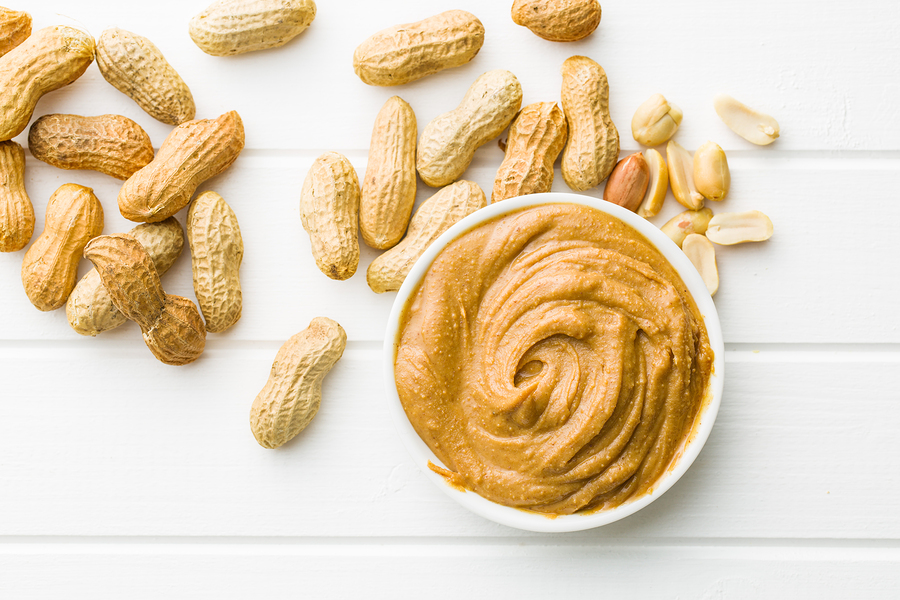- Make It Yourself Lavender Heart-Shaped Bath Bombs!
- 20 Things You Never Knew About “Down There”
- 12 Best Foods For Those Suffering From Arthritis Pain
- 12 Personal Hygiene Mistakes Almost Everyone Makes (Mom Never Told You About #4!)
- 15 Medicinal Plants And Herbs From The Cherokee People
- 12 Mind-Blowing Benefits Of Drinking Coconut Water During Pregnancy
- 12 Outstanding Winter Foods That Won’t Fatten You Up Like A Christmas Turkey
Does Feeding Your Baby Peanuts Prevent Allergies?

Photo credit: bigstock.com
A study published in the New England Journal of Medicine found that giving foods containing peanuts to babies who were at risk for food allergies produced some interesting results: The 500-plus children who were part of this study had been fed peanut-containing foods from their first year of life up to age 5, but they showed no sign of peanut allergies. Even after removing peanuts from their diet for 12 months, no signs of peanut allergy developed. Peanut allergies were significantly higher among the control group of children who were never given peanut-containing foods.
Exposure very early in life to foods like peanuts appears to lower the chances that the child will develop food allergies later in life.
A second study in the United Kingdom involving more than 1,300 breast-fed infants found that introducing allergenic foods at a very early age, as young as three months, was associated with a lower prevalence of allergies to that food later in life. (Current safety recommendations in the UK are that babies should be solely breast-fed for the first six months of life.) This experiment tested the effects of introducing six different allergenic foods: whitefish, peanuts, eggs, cow’s milk, wheat, and sesame. Obviously the doses were very low, as little as 2 grams per week, as it is not easy to introduce such foods into the diet of children so young, but the study yielded some surprising results.
Children exposed to an allergenic food had a significantly lower levels of allergies to that food later in life. Among the peanut group for example, 1.2 percent of infants who were given small amounts of peanut-containing foods developed allergies to peanuts, versus 2.5 percent in the control group, who were given no peanut-containing foods at all. This difference of a 51 percent lower levels of peanut allergies for the early introduction group represents a significant difference. Likewise, the early-introduction group for eggs showed a 3.7 percent prevalence of egg allergies later in life, versus 5.4 percent in the control group — a 31 percent reduction.
While many parents may be hesitant to begin offering such foods to their babies, it appears some scientists and doctors are warming up to the idea. A new draft guidance by the National Institute of Allergy and Infectious Diseases recommending that parents give peanut-containing foods to at-risk children as young as 4-6 months old. If you decided to do this, getting allergy tests performed on your child is recommended.
READ ALSO: Got Allergies? Avoid these 7 Mistakes
Of course, it is important to get an expert’s opinion, since it is their job to stay on top of the latest research. If you are considering doing this, talk your child’s pediatrician before introducing any foods associated with allergies to their diet.
References:































